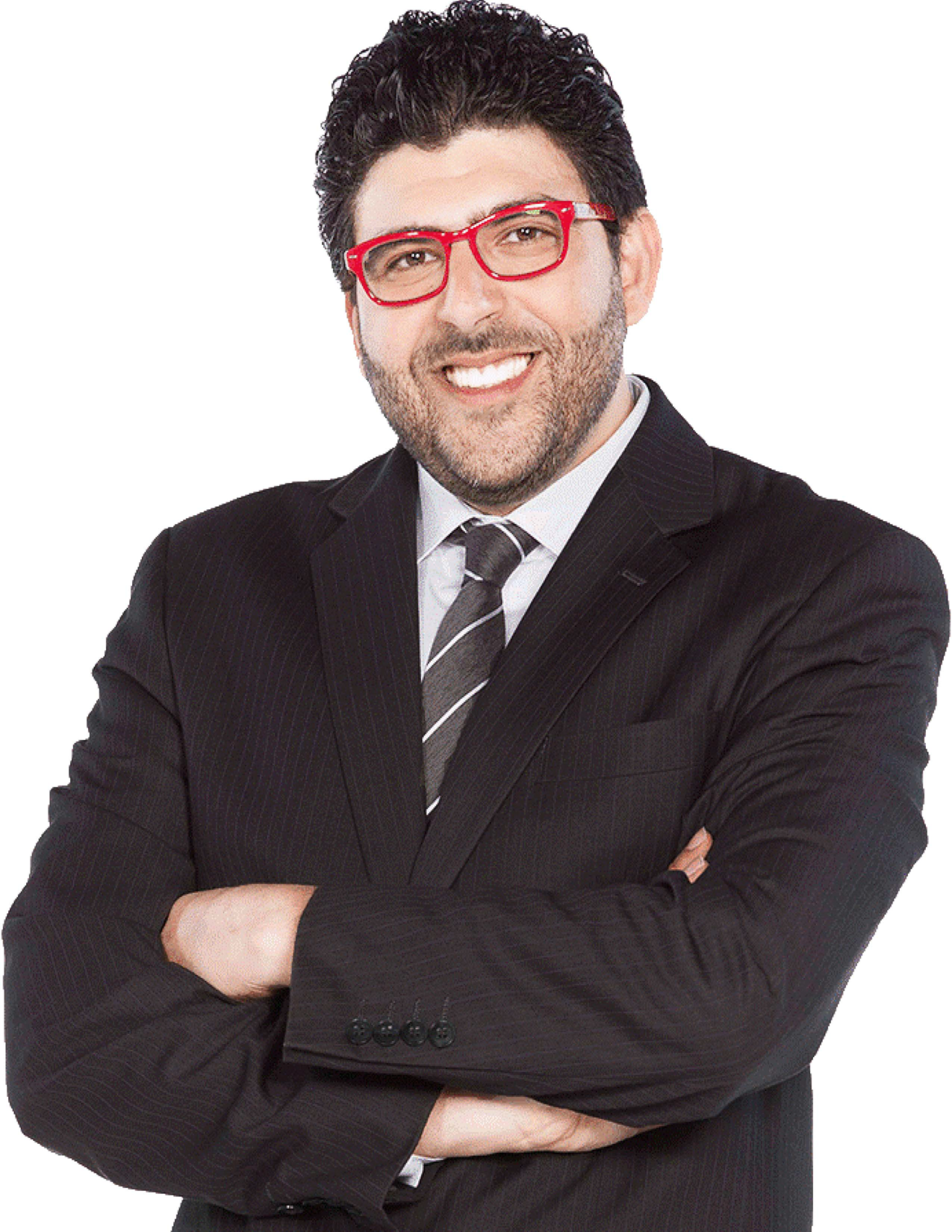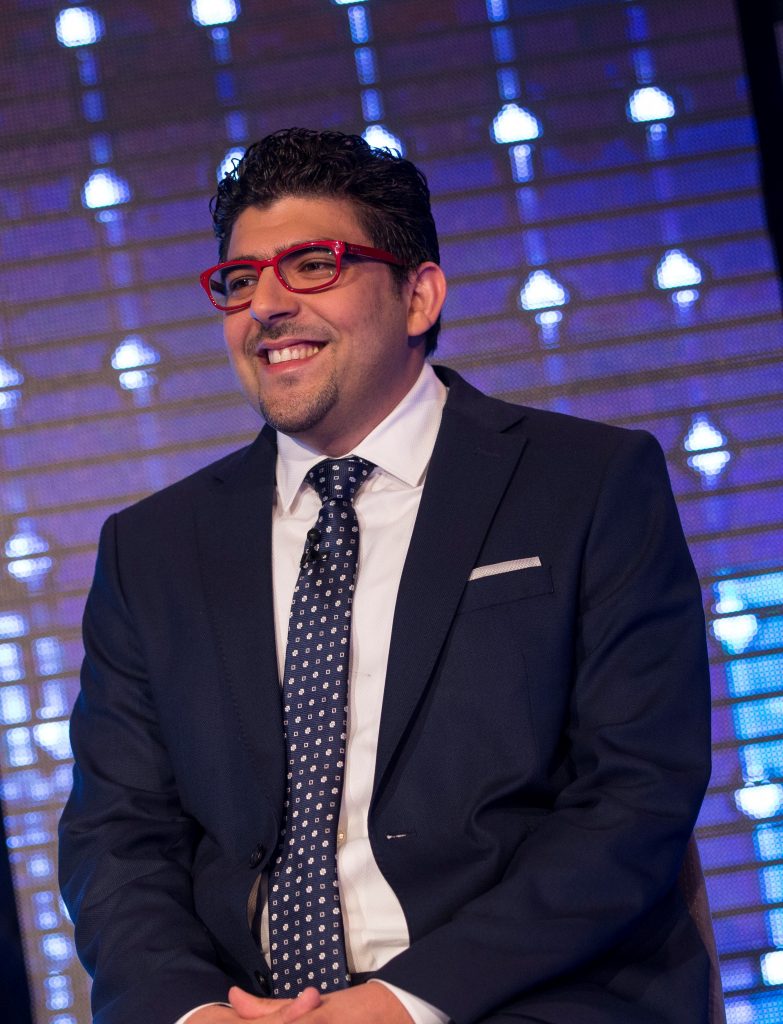TEACHING PHILOSOPHY
My philosophy of teaching has developed through experiences Co-teaching undergraduate and graduate courses as well as instructing teaching Laboratories over five years. In agreement with Dwight D. Eisenhower’s statement, the 34th President of the United States, “A good teacher is one who can understand those who are not very good at explaining, and explain to those who are not very good at understanding”, I realized that the most effective way of learning is to challenge and inspire students to think and discover the related physical principles and the scientific perspectives through hands on activities in the class and Lab.I believe that this way of constructive learning is true and most efficient way of learning. Moreover, my goal is also to guide my students on using critical thinking to solve problems and interpret experimental results. I also consider developing the students’ academic writing skills is a dynamic part of this course. Thus, I teach my students how to utilize acquired technical engineering knowledge from previous coursework as well as utilizing technical literature such as handbooks, textbooks, manuals, etc. to obtain the required physical properties in order to prepare professional technical reports and homeworks. I develop these valuable skills by giving them a sample of academic writing, creating a detailed rubric of gradings, and by commenting online on each part of their report My goal is to also improve my students’ skills in designing using modern techniques and software as a very effective teaching way at engaging students and promoting active learning, moreover, it’s an operative technique to improve students’ skills in solving complex problems, thinking critically and expand their cognitive flexibility abilities. A part of technical and scholar skills, the class and Lab are a fertile environment to acquire the teamwork, management and leadership skills; such as people management, coordinating with others, emotional intelligence, judgment and decision making and service orientation. These skills are acquired and improved in both class and Lab by solving the problems and carrying out experiments in a group setting under the leadership of a team leader. Students develop an understanding of strategic human resource management in addition to emotional intelligence through working together as a group under the leadership of a team leader. The team leader manages the work among his team members. Team leaders are requested to meet up with their team members prior assigning the assignment or report tasks in order to create and implement ideas in interpretation and discussion of the data.They also report to the instructor weekly on their team participation and activity and manage any shortage found. Furthermore, skill of service orientation which is described as “a willingness to treat co-workers and clients with courtesy, consideration, and tact” combined with the ability to perceive a customer’s needs, and communicate effectively (Rosse, Miller, and Barnes, 1991) is applied through the team leader and the team members communication and dealing.
Finally, I believe that both classrooms laboratories are the best place for the students to explore and improve the fundamental concepts as well as acquiring a lot of, scholar, ethics, management and leadership skills. It’s also an interesting and useful place to make discussion to create an active learning environment on theoretical and experimental concepts. Teaching is really a sort of art rather than a science, teaching is a charisma and talent that should be improved by continuous training and practicing.
Dr. Ahmed Elkhatat, M.Sc, Ph.D.

